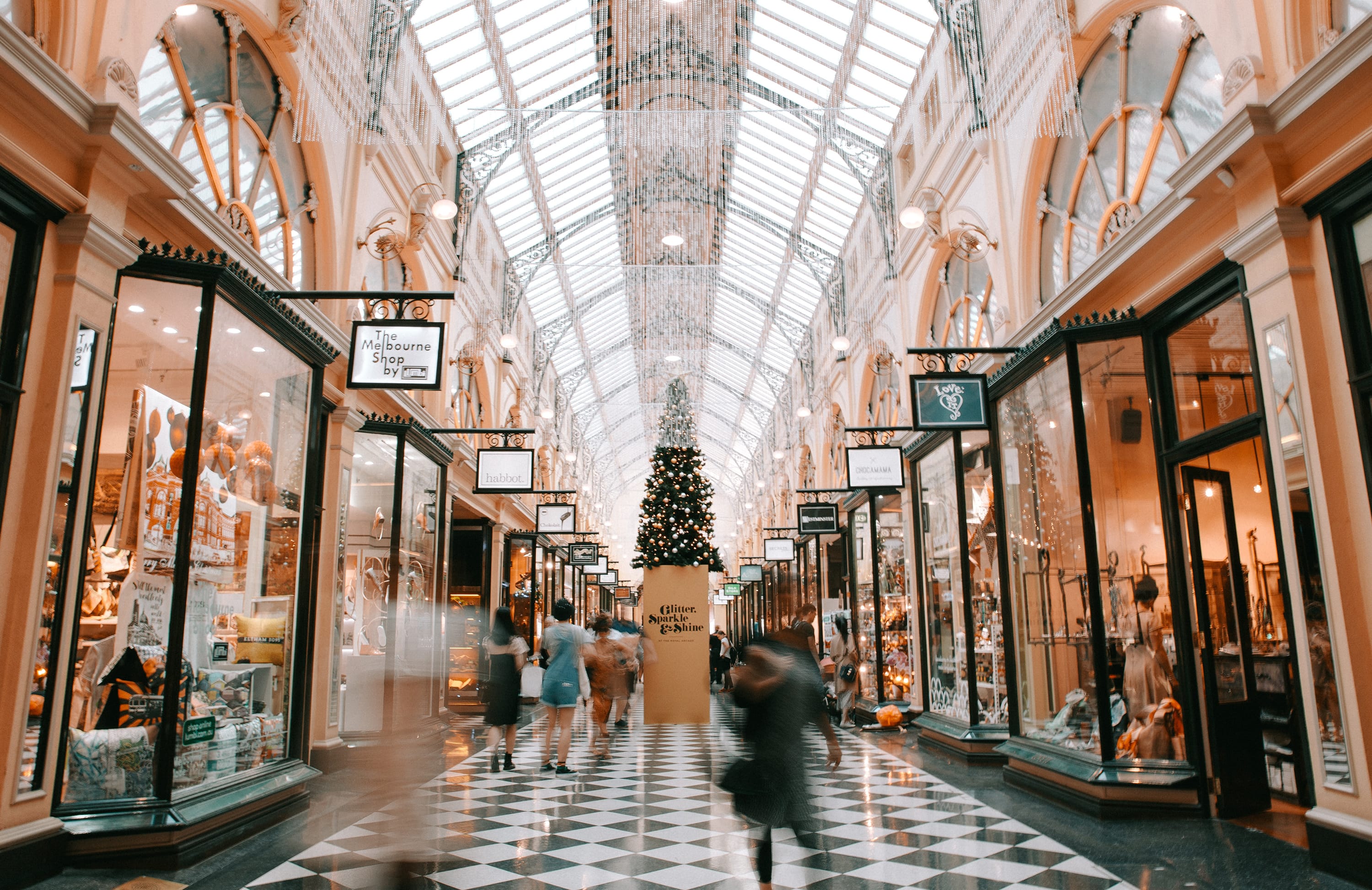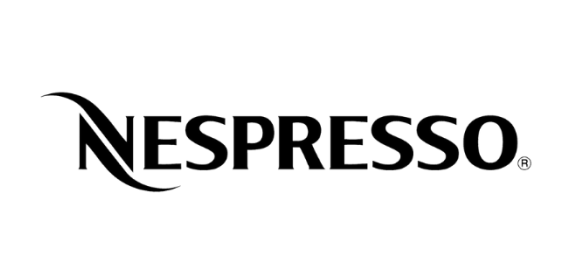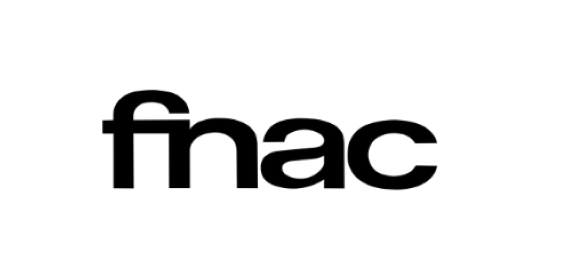Retail & Consumer Services


Retail Sector
The retail sector is shifting towards a new approach regarding customer requirements. This massive transformation is due to the appearance of a new type of client that is much more demanding in terms of product quality. Despite this, clients also expect customisation of products and services. Besides, delivering when and where they choose is also expected to be the zenith of a good buyer experience.
To prevail and make a difference in this sector, retail companies need to determine what their customers value and how much they are willing to pay; simultaneously, it is necessary to create diligent, agile and responsive businesses that can holistically see consumer behaviour.
How can we add value to your retail company?
+ 200 Experts
We have a team of highly skilled professionals.
Services delivered around Europe
We have more than 20 offices based around Europe.
Sector and Business Knowledge
Technical know-how of the retail sector and expertise to find the best solutions for your business.
Process Optimization
A dedicated team will help your business to develop digital shopping strategies.
Experience
Gained throughout more than 16 years working to help retail companies to improve consumer shopping experience and enhance digital supply chain.
Our Solutions to the Retail Sector
Nearshore, Engineering and Technology Consulting, Software Development
How Technology can improve the retail sector’s performance
Retail is one of the key industries shifting towards service-oriented models and automating tasks, processes, and operations. The industry has been reshaped by several factors, such as, the rise of ecommerce and omnichannel, the changing of the customer behavior, like the hyper personalisation, and the increasing complexity of the supply chain. To stay ahead of the game, professionals are using tech in retail to get better results.
These changes have been accelerated by the pandemic, where costs have increased, but so have solutions through technology.
The uncertainty of a post-pandemic world has made one thing clear: a variety of data-driven and IoT’s enabled retail solutions will play a significant role. This means that anything that enables the use of data to optimise business, make shoppers feel safe, protect workers, save/manage costs, and even potentially decide which retail stores to close.
That’s why, since the pandemic, brands in the retail sector are finding it imperative to invest in technologies. They realise that a robust technology foundation can give retailers the resources to increase overall performance. Still, to date, most organisations haven’t made enough progress and are missing out on opportunities as a result.
Also, the retail industry has seen dramatic changes in how consumers buy products and engage with brands. Consumers are becoming more connected, less loyal, and more informed. Their purchasing habits are also changing toward healthy, fresh, and authentic products at local stores.
To further integrate with these trends, the retail sector can leverage technology as an industry core. It is crucial that retailers use data regarding consumer preferences to innovate, engage and retain. IoT’s and Big Data can enforce the relationship with the customer by becoming a preferred servicing provider and generating additional revenue for the retail industry.
This will help the retail companies differentiate themselves from the competition or, at least, it will help them to show their value proposal regarding consumer goods and the online retail industry.
To fulfil their promise to the customers and maintain a competitive advantage among their players, the retail sector must improve its services with the help of technologies and, that way, offer the right product, at the right time, in the right place, to the right person.
This means that the supply chain must meet innovative technologies to reach its full potential, along with the reorganisation of retail business, department stores, retail sales or customer experience.
Let’s check some retail technology trends:
QR codes
The Quick Response code became a hit during the pandemic and is definitely a tool that is here to stay. These tiny, barcode-like combinations of black squares retrieve information when you point it out to a smartphone camera to scan it.
It’s expected they to be a regular part of the retail experience soon.
RFID technology
Managing inventory is the terror of any retailer. This is the task professionals spend most of their time doing and the part most likely to make mistakes.
So, that is why RFID was invented, at least to reduce time you spend counting store inventory. A RFID tag scanner is a reader that updates stock levels in your inventory management system within only a few seconds.
NFTs
The Non-fungible tokens (NFTs) are digital, unique pieces of content. It can be images, tweets, audio, or video owned by only one person.
So basically, the information about the token – the piece you are acquiring – is stored in a secure, decentralised data ledger known as a blockchain. It’s virtual, online and unique, which means everything the new consumer retail wants.
Retailers are getting in the NFTs vibe, mainly because their profits are already notorious. Last year, sales of NFTs hit the $13.9 billion mark.
Store management
The most significant advantage of technology is that it is best when combined with human force, which is why you can’t have a successful retail business without a human team.
You need people on hand to open the store, display inventory, and help shoppers who prefer to be served by one person.
A good idea is investing in improving the tools and technologies employees use to do their day-to-day work, like automating payroll and paying your staff on time, organising your team’s schedule remotely using tech platforms and adding some retail analytics apps.


